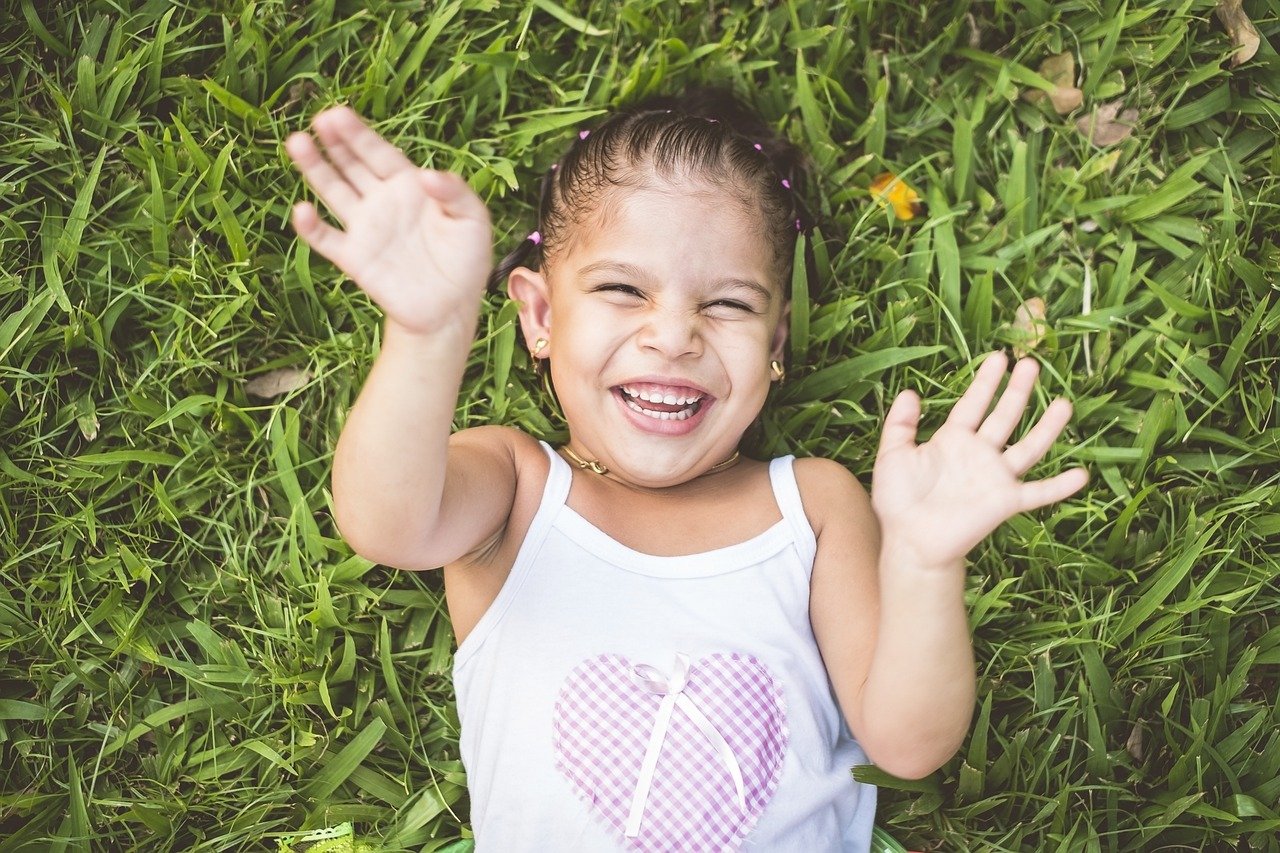Race and Social Justice
Race is a social construct, not a biological reality. While genetic variation among humans is minimal, societies have historically categorized people by physical characteristics like skin color, hair texture, and facial features. These classifications have been used to justify social hierarchies and unequal treatment.
Living Well
5 Healthy Ways to Live a Longer, Happier Life, According to Blue Zone Communities
Written by
soulsunleashed
FREQUENTLY ASKED QUESTIONS
Is racism only about individual prejudice?
No. While individual bias matters, systemic racism involves institutions and policies that produce unequal outcomes even without overt prejudice.
Why talk about race if it’s a social construct?
Because while race has no biological basis, it has real social consequences. Ignoring race doesn’t erase inequality.
What does “privilege” mean in racial justice?
Privilege means unearned advantages given to certain groups based on race. Recognizing privilege isn’t about guilt—it’s about understanding how systems work so we can change them.
How can I help if I’m not personally affected by racism?
Educate yourself, speak up against injustice, support policies promoting equity, and donate to organizations working toward racial justice.
KEY TERMS
Black Lives Matter
Sparked in 2013 and reignited in 2020 after George Floyd’s death, BLM has become a global symbol for confronting police brutality and racial injustice.
Indigenous Rights Movements
Indigenous communities worldwide fight for land rights, cultural preservation, and sovereignty. In 2025, Australia saw significant debates over constitutional recognition of Aboriginal and Torres Strait Islander peoples.
Anti-Asian Hate Awareness
During the COVID-19 pandemic, hate crimes against Asian communities surged. Campaigns like #StopAsianHate have highlighted the need for education and policy reforms.
Explore Race and Social Justice
Living Well
5 Healthy Ways to Live a Longer, Happier Life, According to Blue Zone Communities
Written by
soulsunleashed




